The art of brewing has a rich history, with some of the world’s oldest breweries tracing their roots back centuries. These historic breweries have not only survived the test of time but also helped shape beer traditions that are celebrated worldwide. These establishments carry unique stories of resilience, tradition, and craftsmanship. Today, they continue to produce beloved beers while honoring their deep-rooted heritage. Here’s a look at some of the oldest breweries still in operation, each with its own legacy and lasting impact on the beer world.
Tucher Bräu
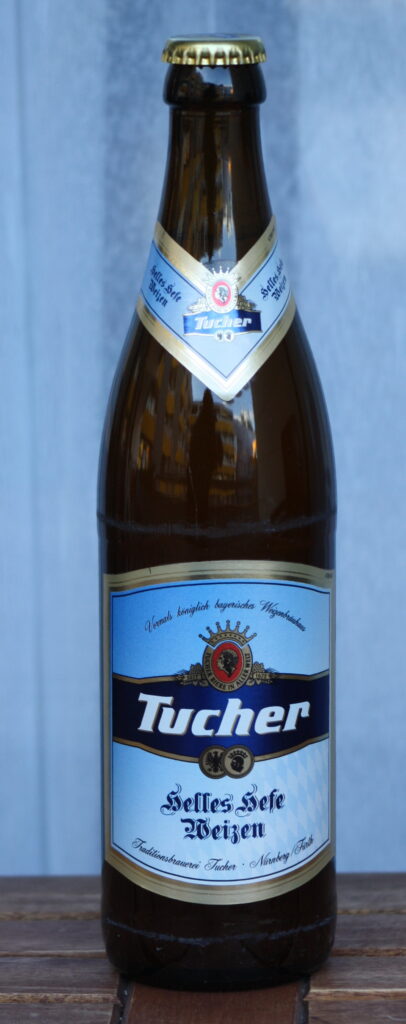
Founded in 1672, Tucher Bräu is based in Nuremberg, Germany, and has long been a staple of Franconian beer culture. Originally established under the oversight of the city’s royal family, it became a household name for producing high-quality Bavarian lagers. The brewery’s flagship beer, Tucher Helles, is celebrated for its smooth, balanced flavor, while Tucher Weißbier offers a refreshing wheat beer option. It has preserved traditional brewing methods while embracing modern techniques to ensure consistency and excellence. The brewery also produces a range of seasonal beers, including its popular Festbier for local festivals. It remains a respected name in German brewing, with its beers available in beer halls and restaurants throughout Bavaria. Its long-standing reputation for quality has made it a significant contributor to Franconian and Bavarian beer heritage.
Paulaner Brewery
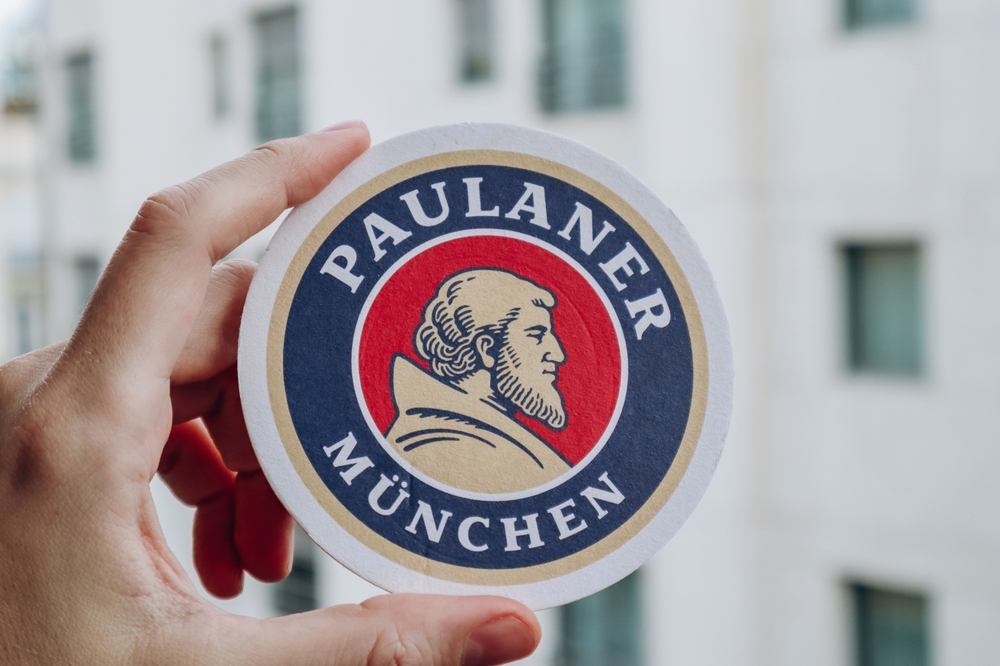
Founded in 1634 by monks of the Order of Saint Francis of Paula, Paulaner Brewery in Munich, Germany, has become one of the most well-known German breweries. Initially, the monks brewed beer to nourish themselves during periods of fasting, with their “Salvator” doppelbock becoming particularly popular. Over time, it expanded its range to include popular offerings such as Paulaner Hefe-Weißbier and Paulaner Münchner Hell. The brewery played a pivotal role in establishing beer styles that remain central to Bavarian culture. As one of Munich’s official Oktoberfest breweries, it maintains a strong connection to local traditions and festivities. Today, the brewery exports its beers globally, allowing international audiences to enjoy authentic Bavarian brews. Its adherence to the Reinheitsgebot, or German Beer Purity Law, underscores its commitment to quality.
Hubertus Bräu
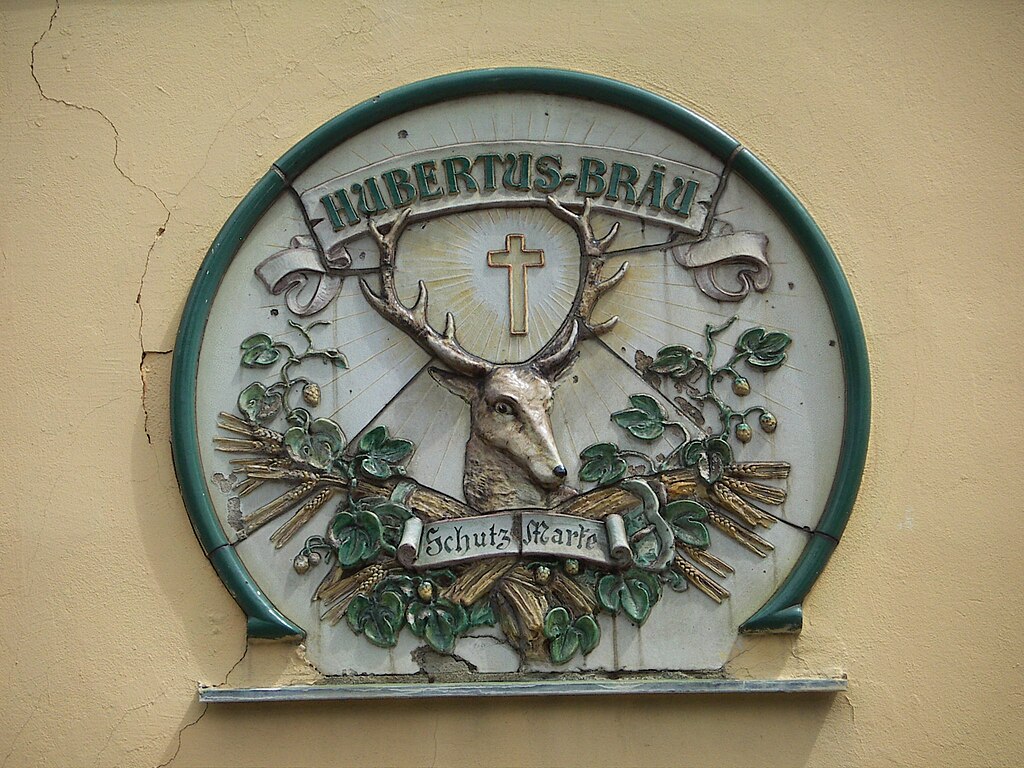
Hubertus Bräu, founded in 1454 in Laa an der Thaya, Austria, has been operating for over five centuries, producing traditional Austrian beer styles. Known for its rich brewing heritage, the brewery offers a wide range of beers, including Hubertus Märzen, Hubertus Weißbier, and Hubertus Pils. It prides itself on using local ingredients and adheres to traditional brewing methods that emphasize quality and flavor. The brewery’s location in Lower Austria, near the Czech border, has influenced its brewing style, blending Austrian and Bohemian techniques. Visitors to Hubertus Bräu can tour its historic facilities and enjoy tastings that highlight its deep-rooted beer culture. In addition to its core range, it releases limited-edition beers that celebrate the brewery’s heritage.
Spaten-Franziskaner-Bräu
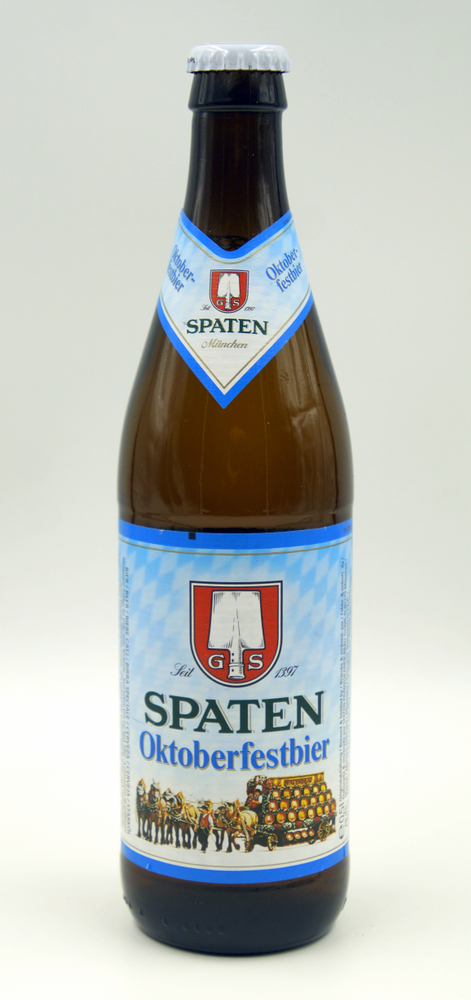
Spaten-Franziskaner-Bräu’s origins date back to 1397 in Munich, Germany, making it one of the city’s oldest breweries. Initially two separate entities, Spaten and Franziskaner merged in the 20th century, combining their rich brewing traditions. Spaten is credited with pioneering the production of pale lagers in the 19th century, influencing global beer styles. Their Spaten Münchner Hell is a classic example of a Munich Helles lager, known for its crisp and clean taste. Franziskaner is renowned for its wheat beers, particularly the Franziskaner Hefe-Weissbier, which is widely celebrated for its refreshing character. Both brands maintain a strong presence in Munich, with Spaten featured at Oktoberfest as one of the official breweries.
Augustiner-Bräu
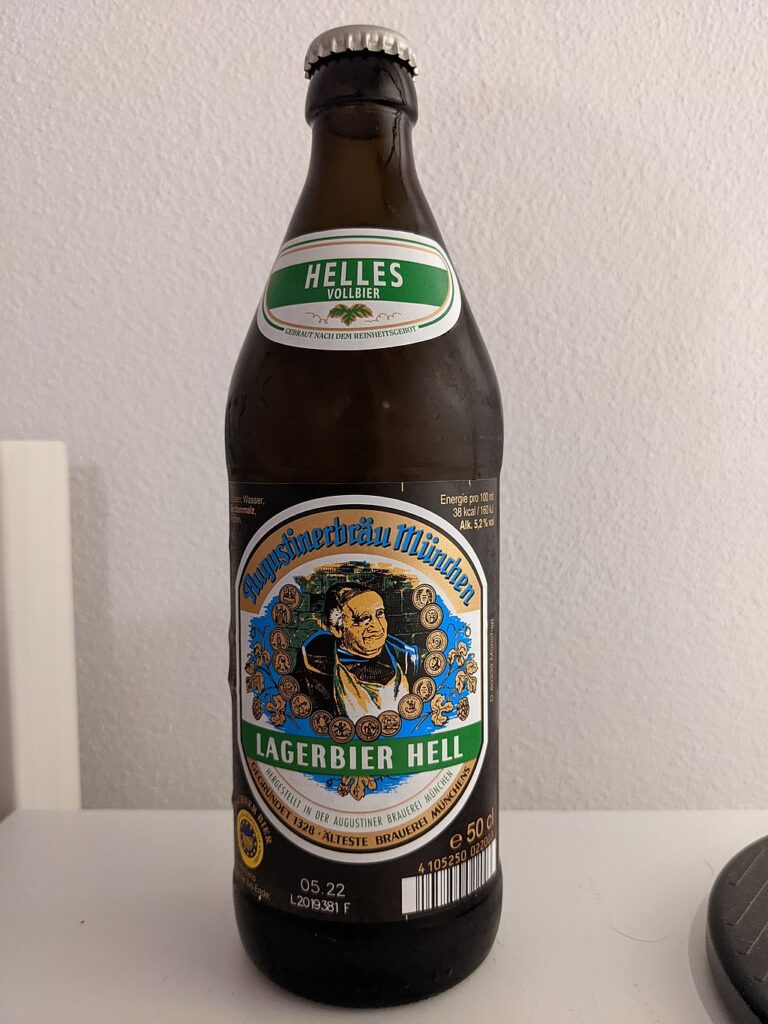
Augustiner-Bräu, established in 1328 in Munich, Germany, began as a brewery operated by Augustinian monks. Over time, it transitioned into private ownership and has become one of Munich’s most esteemed breweries. Their flagship beer, Augustiner Helles, is a pale lager known for its smooth, well-balanced flavor. It also produces a range of other beers, including Edelstoff, a slightly stronger lager, and Maximator, a rich doppelbock. It is renowned for its adherence to traditional brewing methods, using only the finest ingredients. Its beer garden, Augustiner-Keller, is a popular destination for locals and tourists alike, offering a quintessential Bavarian beer experience. Its participation in Munich’s Oktoberfest further cements its status in Bavarian beer culture.
Gaffel Becker & Co.
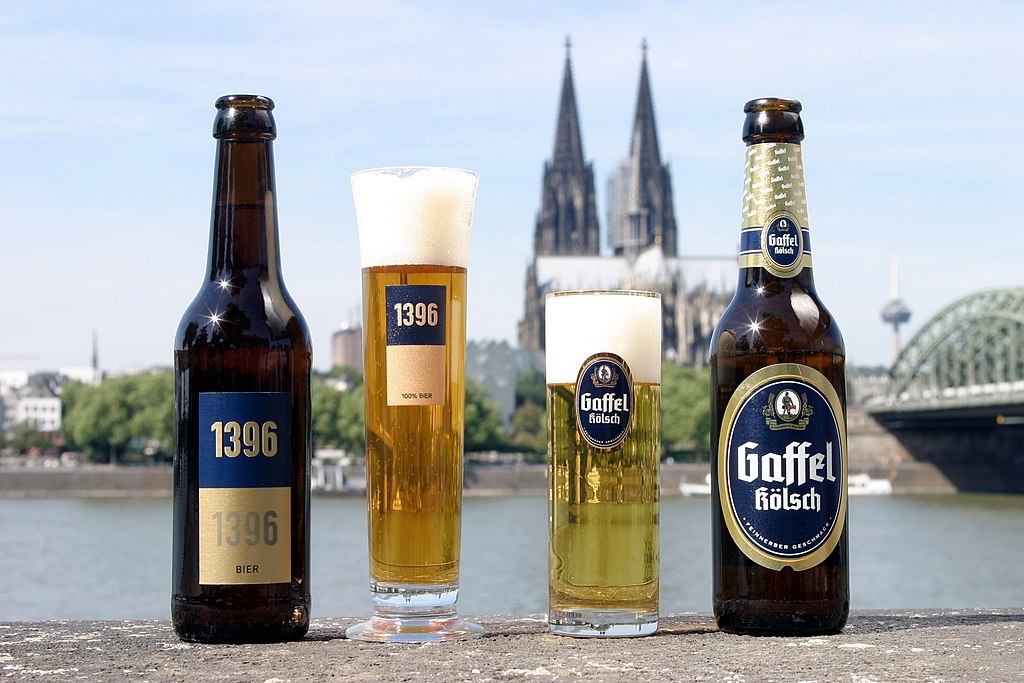
Gaffel Becker & Co., founded in 1302 in Cologne, Germany, is a prominent producer of Kölsch, a light, top-fermented beer native to the region. Its location on Eigelstein Street has been central to Cologne’s brewing history for centuries. It is known for its delicate balance of malt and hops, offering a refreshing taste that has made it a staple in Cologne’s beer culture. It has expanded its offerings to include variations like Gaffel Wiess, an unfiltered version of Kölsch, appealing to a broader audience. Its commitment to quality is evident in its adherence to the Kölsch Convention, ensuring authenticity in every brew. Its traditional brewing methods are complemented by modern facilities, maintaining consistency and excellence. Its beers are enjoyed in numerous pubs and beer halls throughout Cologne, embodying the city’s rich brewing heritage.
Bolten Brewery
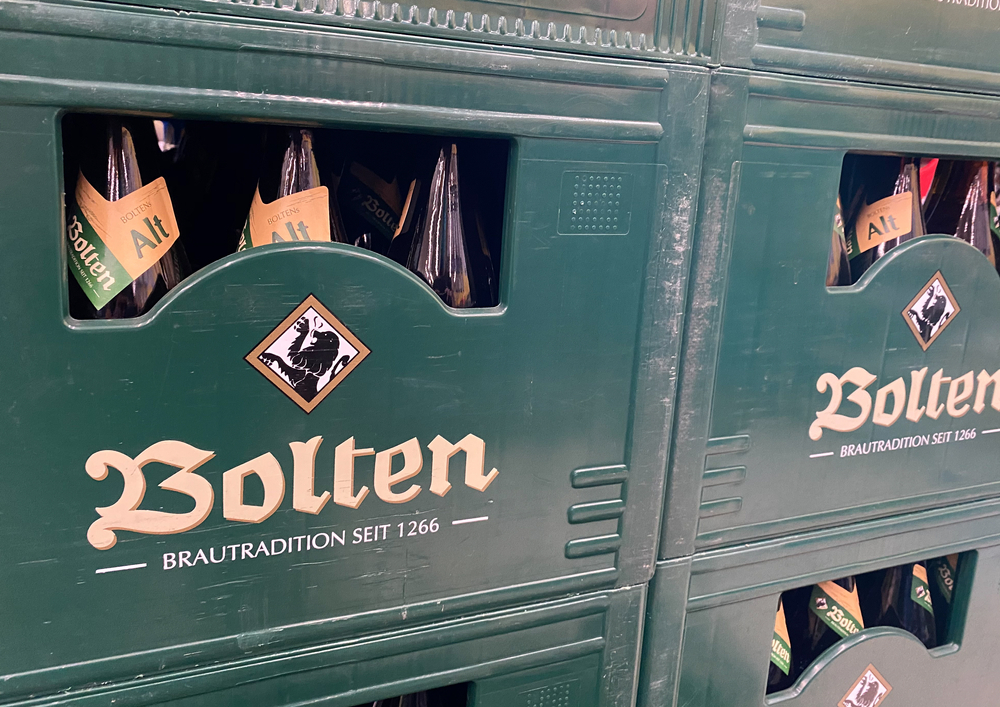
Established in 1266, Bolten Brewery in Korschenbroich, Germany, is recognized as the world’s oldest altbier brewery. Altbier, a top-fermented beer, is a specialty of the Rhineland region, and Bolten has been a custodian of this tradition for centuries. Their flagship beer, Bolten’s Alt, is celebrated for its malty character and crisp finish. It has remained family-owned, passing down brewing techniques through generations, ensuring the preservation of authentic flavors. In addition to altbier, it offers a variety of beers, including a wheat beer and a malty dark beer, catering to diverse palates. Its commitment to quality and tradition has earned it a loyal following among beer enthusiasts. Its historic brewery building adds to its charm, providing visitors with a glimpse into its storied past.
Affligem Brewery
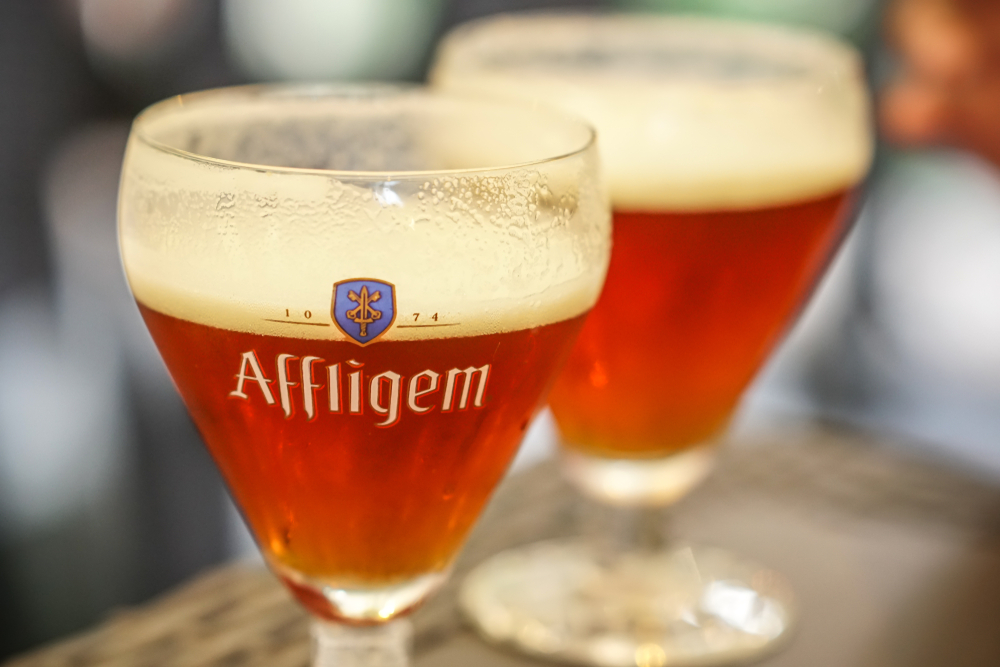
Affligem Brewery’s roots date back to 1074 in Opwijk, Belgium, when Benedictine monks established it. The abbey faced numerous challenges, including destruction during wars, but the brewing tradition persisted. Today, it produces a range of abbey-style beers, including the Affligem Blonde, Dubbel, and Tripel, each reflecting the monastery’s rich heritage. Its commitment to quality is evident in its use of top-fermenting yeasts and bottle conditioning, resulting in complex flavors. Its beers are recognized for their balance and depth, appealing to both casual drinkers and connoisseurs. Its history is a testament to resilience and dedication to the craft of brewing. Its influence extends beyond Belgium, with its beers available in numerous countries, introducing global audiences to traditional Belgian brewing.
Weltenburg Abbey Brewery
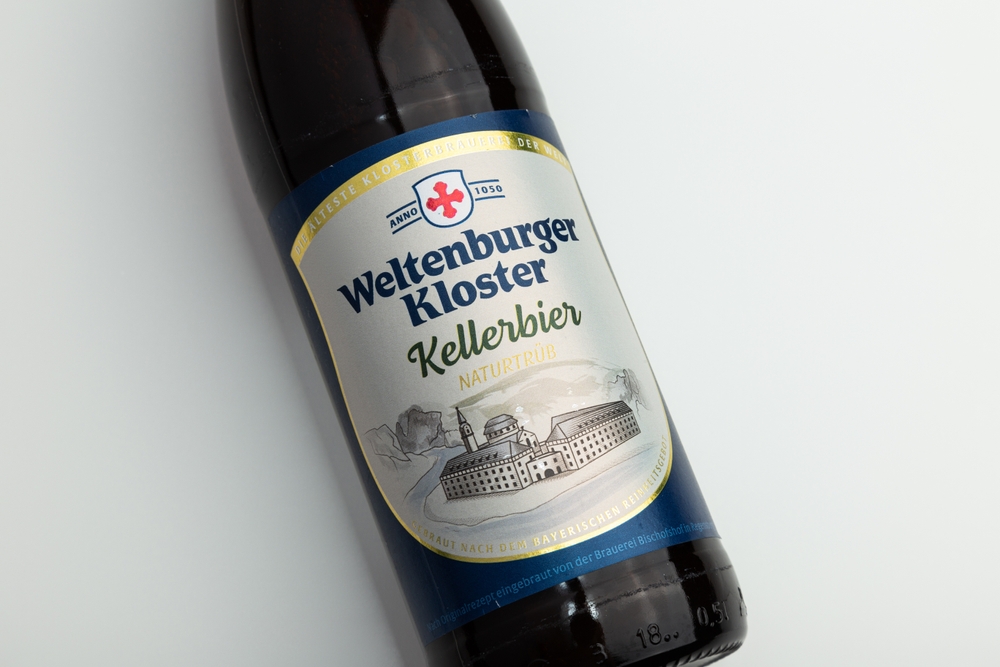
Founded in 1050, Weltenburg Abbey Brewery is nestled in Kelheim, Germany, and is renowned as one of the world’s oldest monastic breweries. The Benedictine monks began brewing to sustain themselves and offer hospitality to pilgrims. Their signature beer, the Weltenburger Kloster Barock Dunkel, is acclaimed for its rich, dark malt flavor and has garnered multiple awards. Its picturesque location along the Danube River adds to its allure, attracting visitors worldwide. Tours provide insights into centuries-old brewing techniques still in use today. Its dedication to preserving traditional methods while embracing modern quality standards exemplifies its enduring legacy. Seasonal beers, such as the Asam Bock, showcase the monks’ brewing expertise and innovation.
Weihenstephan Brewery
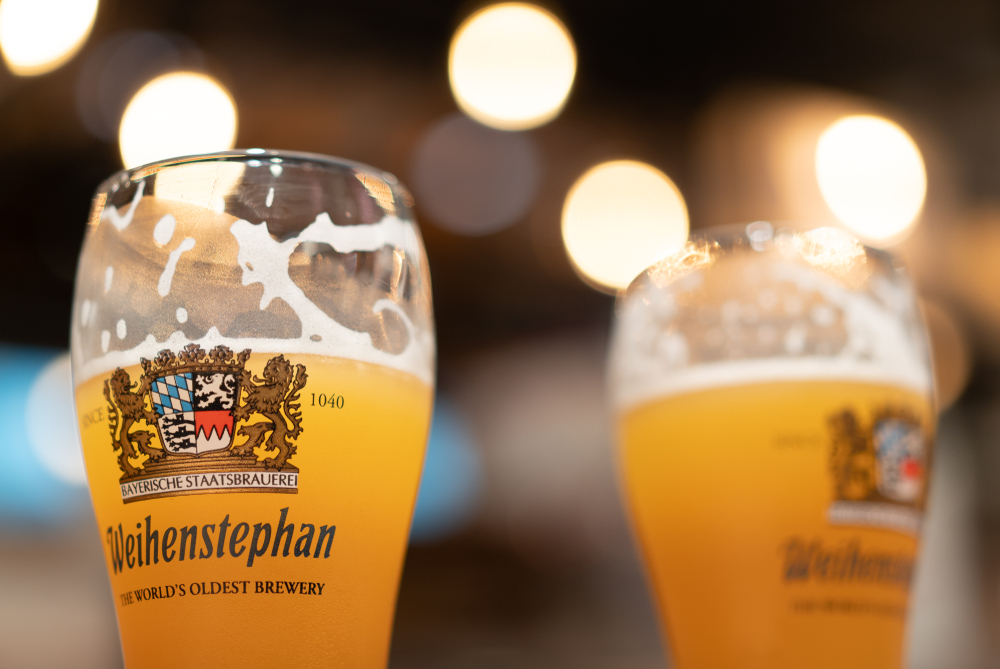
Established in 1040, Weihenstephan Brewery in Bavaria, Germany, holds the title of the world’s oldest continuously operating brewery. Its origins trace back to 725 when Saint Corbinian founded a Benedictine monastery where brewing began. Over the centuries, it has faced challenges, including fires, plagues, and wars, yet it has persevered and continues to produce a variety of beers. Notable offerings include the Weihenstephaner Hefeweissbier, a classic wheat beer, and the Weihenstephaner Original, a traditional lager. It also serves as a center for brewing science and education, collaborating with the Technical University of Munich. Visitors can explore its rich history through guided tours and tastings. Its commitment to quality and tradition has solidified its reputation in the global beer community.
This article originally appeared on Rarest.org.
More from Rarest.org
19 Stunning Perennial Flowers That Attract Butterflies and Bees
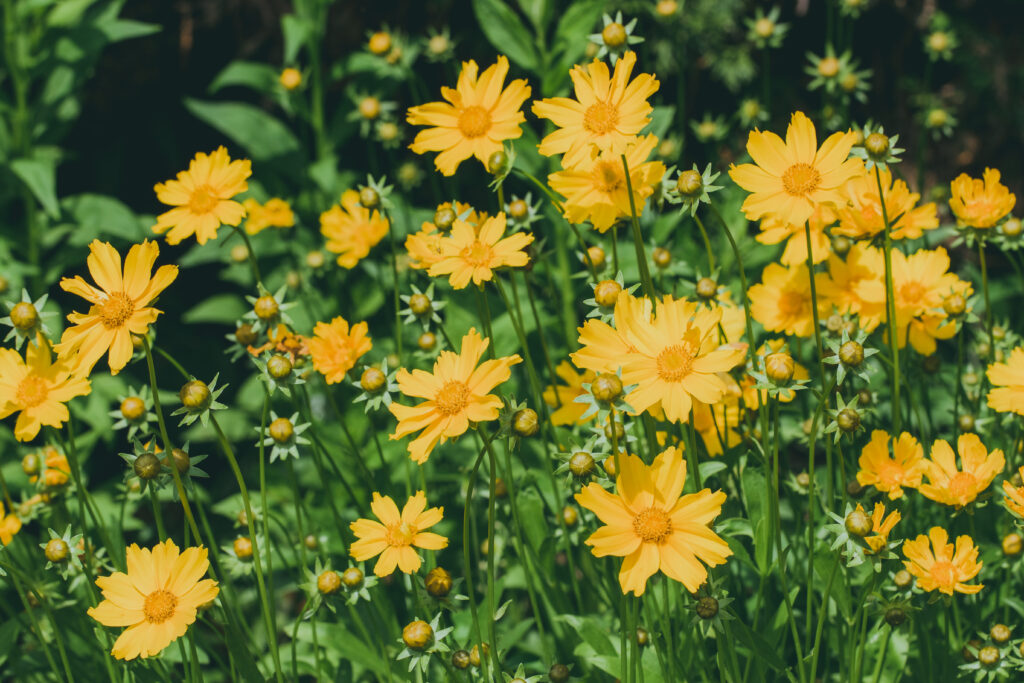
Butterflies and bees are essential pollinators, and one of the best ways to attract them is by planting beautiful perennial flowers. These plants not only add color to your garden but also support local ecosystems. Each flower on this list has a unique feature that draws in pollinators, making them a perfect addition to any outdoor space. Read More.
20 Graceful Marine Mammals That Glide Through the Ocean`s Depths

The ocean is home to some of the most graceful creatures on Earth. Marine mammals glide effortlessly through its depths, showcasing their beauty and power. Read More.
16 Elusive Big Cats That Roam the World`s Densest Jungles

The world’s jungles are home to some of the most elusive and mysterious big cats. These majestic creatures often hide in the shadows, making them difficult to spot even in the densest of forests. Read More.
